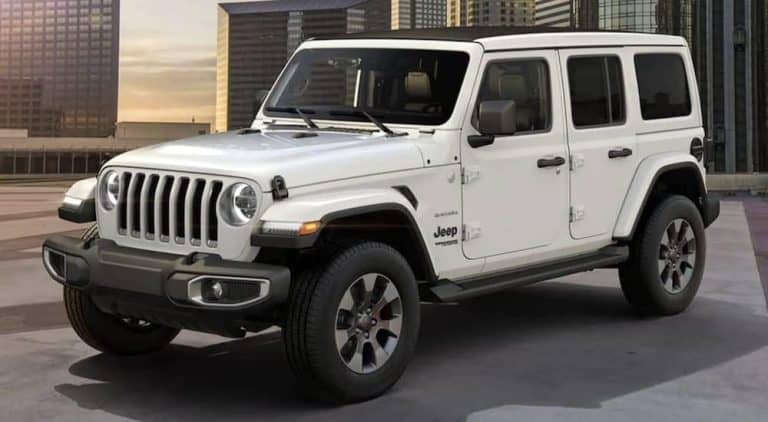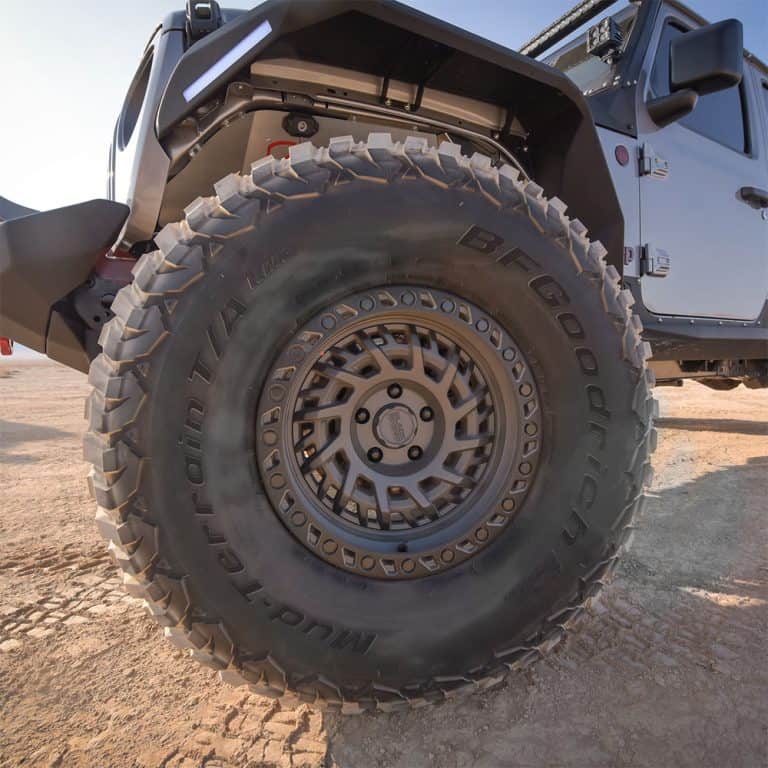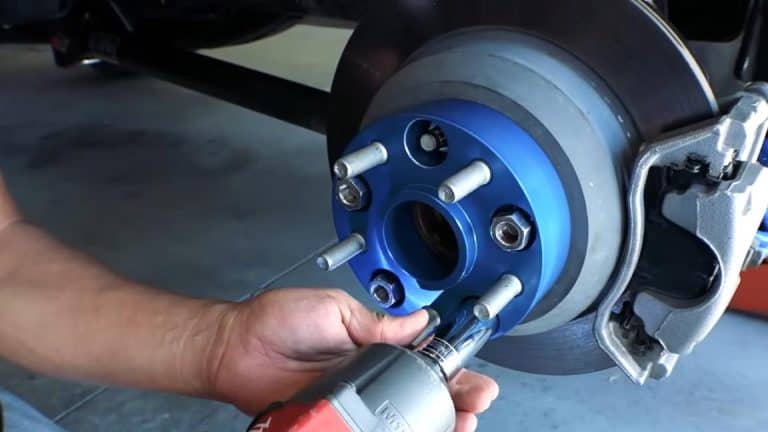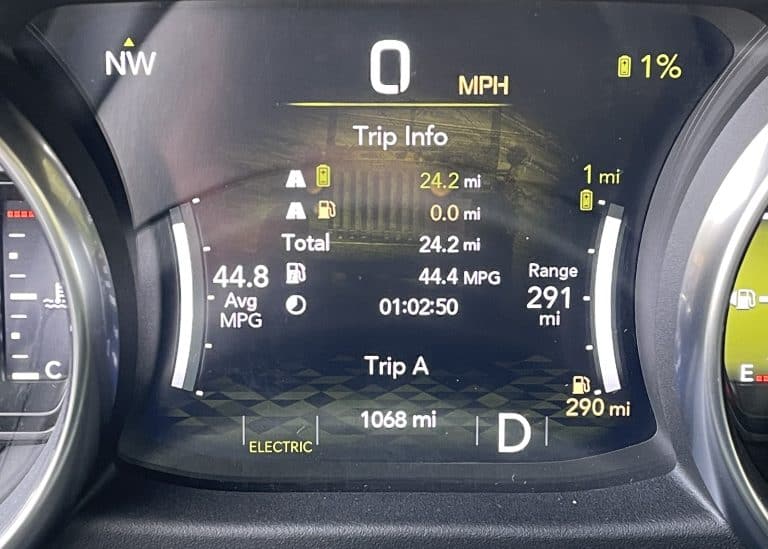2 Door Jeep Wrangler Gas Mileage: Maximize Your Fuel Economy!
The 2 Door Jeep Wrangler typically averages around 17 mpg in the city and 25 mpg on the highway. Its combined fuel efficiency is approximately 20 mpg.
Driving a 2 Door Jeep Wrangler combines adventure with moderate fuel economy. This iconic vehicle provides a balance between rugged capabilities and the need for fuel-conscious driving in today’s world. Owning a Jeep Wrangler invites a sense of freedom on both urban streets and off-road trails, while its gas mileage remains a factor for budget-minded enthusiasts.
The latest models are equipped with technology aimed at improving efficiency without compromising the Wrangler’s signature off-road performance. Potential buyers prioritize this information, as fuel economy directly influences ownership cost and environmental footprint. Through its enduring design, the Wrangler caters to those seeking adventure but also appeals to those mindful of fuel consumption.
Know Your Wrangler’s Appetite
Understanding the fuel consumption of your 2 Door Jeep Wrangler is crucial for both financial planning and environmental awareness. The term MPG (miles per gallon) is commonly used to describe a vehicle’s gas mileage, and knowing this figure helps owners to calculate expected fuel costs. The 2 Door Jeep Wrangler generally offers moderate fuel efficiency when compared to smaller cars, mainly due to its design and off-road capabilities.
Owners should note that various factors can impact the Wrangler’s MPG ratings, such as driving habits, maintenance routines, and the use of air conditioning. Jeeps driven primarily in city traffic tend to report lower MPG compared to those driven mostly on highways. Moreover, keeping the Wrangler well-maintained, with regular oil changes and tire pressure checks, can help optimize fuel efficiency.
Fuel Efficiency Factors
The aerodynamic design of the 2 Door Jeep Wrangler significantly affects its fuel efficiency. A more streamlined vehicle encounters less air resistance, which can lead to improved gas mileage. Meanwhile, the weight of the Wrangler also plays a crucial role in its fuel economy. Generally, a lighter vehicle will consume less fuel, making weight reduction a potential area for efficiency gains.
Furthermore, the type of tires selected for the Wrangler can influence its gas mileage. For instance, larger, more aggressive off-road tires may reduce fuel economy due to increased rolling resistance. Opting for tires with lower rolling resistance can help in achieving better mileage. Lastly, the relationship between engine type and fuel economy is evident. Engines designed for efficiency, such as those with advanced fuel injection systems, tend to offer better gas mileage than older, less sophisticated engines.
| Factor | Impact on Fuel Economy |
|---|---|
| Aerodynamics | Better design leads to reduced air resistance and improved mileage |
| Weight | Lighter vehicles consume less fuel |
| Tire Choice | Tires with lower rolling resistance can enhance gas mileage |
| Engine Type | Modern engines with efficient fuel systems are likely to yield better fuel economy |
Driving Habits For Efficiency
Smooth acceleration and deceleration are critical for optimizing gas mileage in a 2 Door Jeep Wrangler. Gradual application of the accelerator and brakes not only enhances fuel efficiency but also reduces wear and tear on the vehicle’s components. Drivers should aim to accelerate gently from a stop and anticipate stops to decelerate softly over a longer distance, minimizing abrupt braking.
Maintaining a steady speed is another influential factor in achieving better gas mileage. Frequent speed changes can lead to increased fuel consumption, while a consistent pace promotes a more economic fuel use. Traveling at a constant velocity reduces the number of fuel-demanding acceleration events, thus conserving gas.
Lastly, the use of cruise control can significantly contribute to the enhancement of fuel efficiency when driving a Jeep Wrangler. Leveraging cruise control on highways helps in maintaining a steady speed, especially over long distances, thereby reducing the need for repetitive acceleration. It’s a convenient way to uphold a uniform speed, which aids in reducing fuel consumption and optimizing overall gas mileage.
Maintenance Checks
Maintaining your 2 Door Jeep Wrangler involves several key practices to ensure optimal gas mileage. Among these, regular oil changes stand out as a fundamental requirement. Consistent oil changes keep the engine running smoothly, reducing friction and enabling better fuel economy. Not only does fresh oil ensure efficiency, but it also contributes to the longevity of the vehicle’s engine.
Air filters play a crucial part in maintaining fuel efficiency. A clean air filter allows for an appropriate mixture of air and fuel, significantly contributing to combustion efficiency. Over time, air filters can become clogged with dust and debris, leading to decreased air intake, thus impeding engine performance and reducing fuel efficiency.
Another critical aspect is the importance of tire pressure in MPG (miles per gallon) performance. Properly inflated tires reduce rolling resistance, meaning the engine doesn’t have to work as hard to move the vehicle. This directly correlates to improved gas mileage. Frequent checking and adjusting tire pressure is an easy yet effective method to enhance your Jeep’s fuel efficiency.
Modifications And Accessories
Customizing a 2 Door Jeep Wrangler often involves adding aftermarket parts which can lead to varying effects on the vehicle’s fuel economy. Notably, larger tires and heavier bumpers can significantly reduce miles per gallon (MPG), due to increased weight and altered aerodynamics. To ensure a minimal impact on MPG, consider choosing lightweight accessories and maintaining the original tire size. Also, the incorporation of aerodynamic parts can help mitigate potential fuel efficiency losses. It’s important to keep in mind that even minor modifications can accumulate, leading to a measurable change in fuel consumption. Selecting high-quality components designed for improved air flow can play a crucial role in preserving the 2 Door Jeep Wrangler’s gas mileage.
To understand the full impact on MPG, calculate the cumulative weight of all selected accessories and research their aerodynamic properties. Investing in fuel-saving accessories, such as low-resistance tires and lighter wheels, is advisable for those wishing to maintain optimal gas mileage while enhancing their Jeep with aftermarket parts.
Smart Fuel Practices
Opting for the right gasoline type can significantly influence the fuel efficiency of your 2 Door Jeep Wrangler. It’s advisable to use premium unleaded gasoline that meets the manufacturer’s recommended octane level. Doing so ensures peak performance and optimum gas mileage. Although regular unleaded may save you a few pennies at the pump, it could potentially reduce your Wrangler’s fuel efficiency and power over time.
Debates on the efficacy of fuel additives continue, but consensus suggests that using quality additives can help keep your engine clean and improve gas mileage. Nevertheless, using them should be in line with manufacturer recommendations to avoid potential damage to your Wrangler’s engine.
Recognizing the impact of seasonal fuel changes on your Wrangler is essential. Different seasons have refiners switching between summer and winter blends. Summer blends are more volatile and designed to reduce emissions in warm temperatures, while winter blends are formulated to perform better in cold weather. Adjusting your driving habits and maintenance schedule according to the season can help maintain consistent fuel economy throughout the year.
Embracing Alternative Fuels
The 2 Door Jeep Wrangler has made significant strides in embracing alternative fuels, moving beyond traditional gasoline dependency. Among these green initiatives, biofuels stand out as a viable option for powering this rugged vehicle. The use of ethanol blends like E85 in the Wrangler can reduce carbon emissions and lower reliance on fossil fuels, demonstrating the brand’s commitment to environmental sustainability.
Hybrid technology presents another promising frontier for the Wrangler, combining traditional internal combustion engines with electric motors to enhance fuel efficiency. These advancements hold the potential to transform the driving experience for 2 Door Jeep Wrangler enthusiasts, offering not only better gas mileage but also the torque benefits characteristic of electric powertrains. This marriage of technologies signifies a leap forward in making the iconic Jeep both more eco-friendly and economically wise for consumers.
Technology Advancements
The 2 Door Jeep Wrangler boasts numerous technology enhancements aimed at improving gas mileage. Notable among these is the Engine Stop-Start (ESS) system, which reduces fuel consumption by shutting off the engine when the vehicle comes to a stop, and quickly restarting when the throttle is applied. Additionally, the Wrangler is equipped with an aerodynamic design that lowers drag and a high-quality powertrain, both contributing to better fuel efficiency. The integration of lightweight materials further aids in reducing overall vehicle weight, thereby enhancing gas mileage.
Current advancements pave the way for exciting future enhancements in Jeep Wrangler models. Engineers are focused on developing hybrid engines and potentially fully electric variants, aiming to drastically reduce the carbon footprint while maintaining the performance standards Jeep owners expect. Other prospective improvements include advanced aerodynamics and the use of cutting-edge materials to reduce weight without compromising durability.
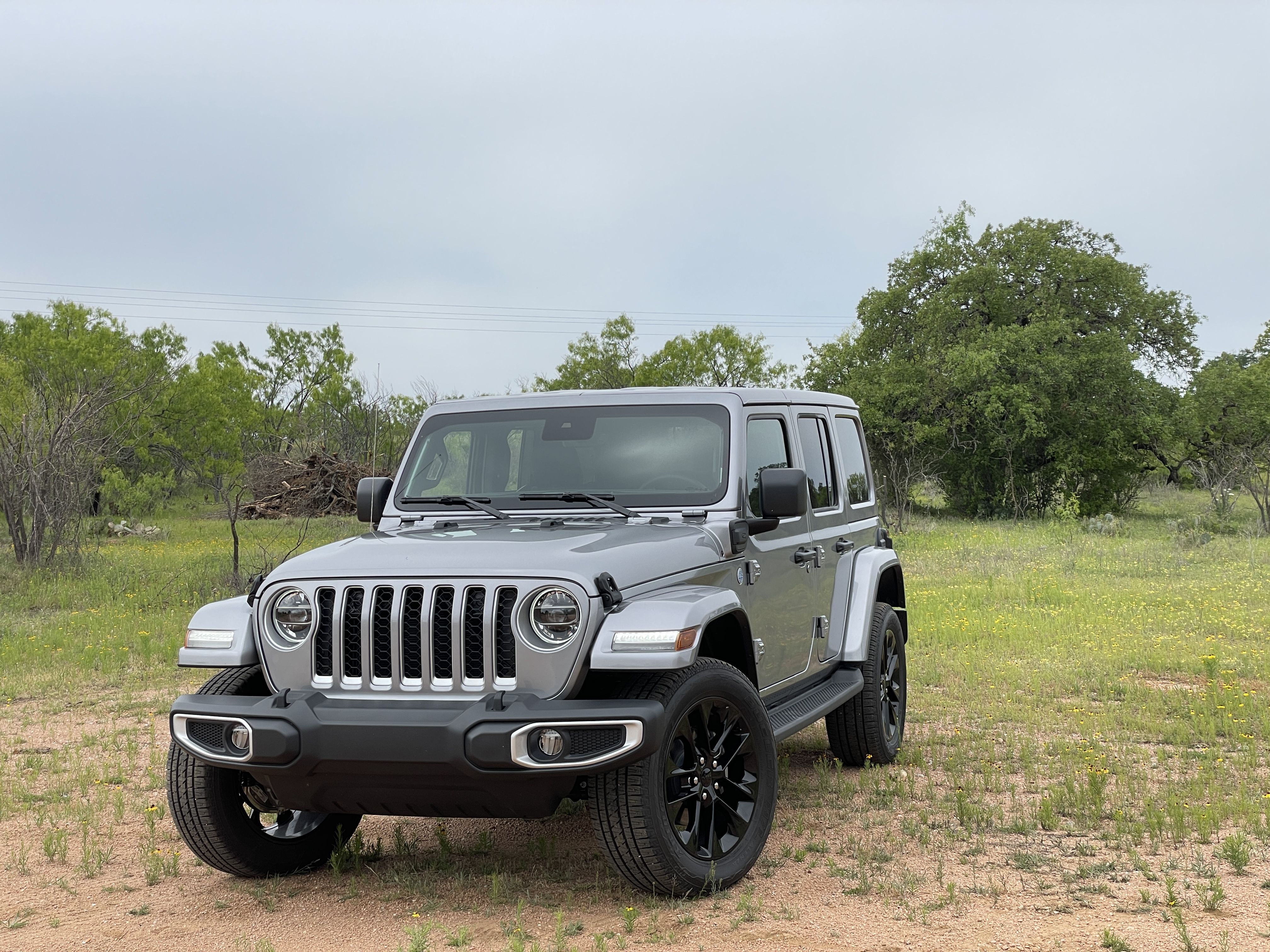
Credit: www.gearpatrol.com
Frequently Asked Questions On 2 Door Jeep Wrangler Gas Mileage
What Is The Mpg For 2 Door Jeep Wrangler?
The 2 Door Jeep Wrangler typically averages 17-25 MPG, depending on driving conditions and engine type.
Are 2 Door Jeep Wranglers Fuel-efficient?
2 Door Jeep Wranglers are not class-leading in fuel efficiency, but offer moderate MPG for off-road capable vehicles.
How Does Driving Style Impact Wrangler’s Gas Mileage?
Aggressive driving can significantly reduce the Wrangler’s MPG, while smooth acceleration and steady speeds enhance fuel economy.
Does Engine Type Affect Wrangler Fuel Economy?
Yes, the 2 Door Jeep Wrangler’s fuel economy varies with engine options; diesel variants may provide better MPG than gasoline engines.
Can Modifications Improve Jeep Wrangler Mpg?
Some modifications, such as aerodynamic enhancements and tire upgrades, may slightly improve a Jeep Wrangler’s gas mileage.
Conclusion
Wrapping up, the 2 Door Jeep Wrangler proves its worth with respectable fuel efficiency for the adventurous at heart. Balancing rugged capability with gas mileage concerns, it offers an economical option for off-road enthusiasts. Remember, selecting the right model and driving habits can greatly influence your fuel economy.
Drive smart, adventure more, and save at the pump with the iconic 2 Door Wrangler.

